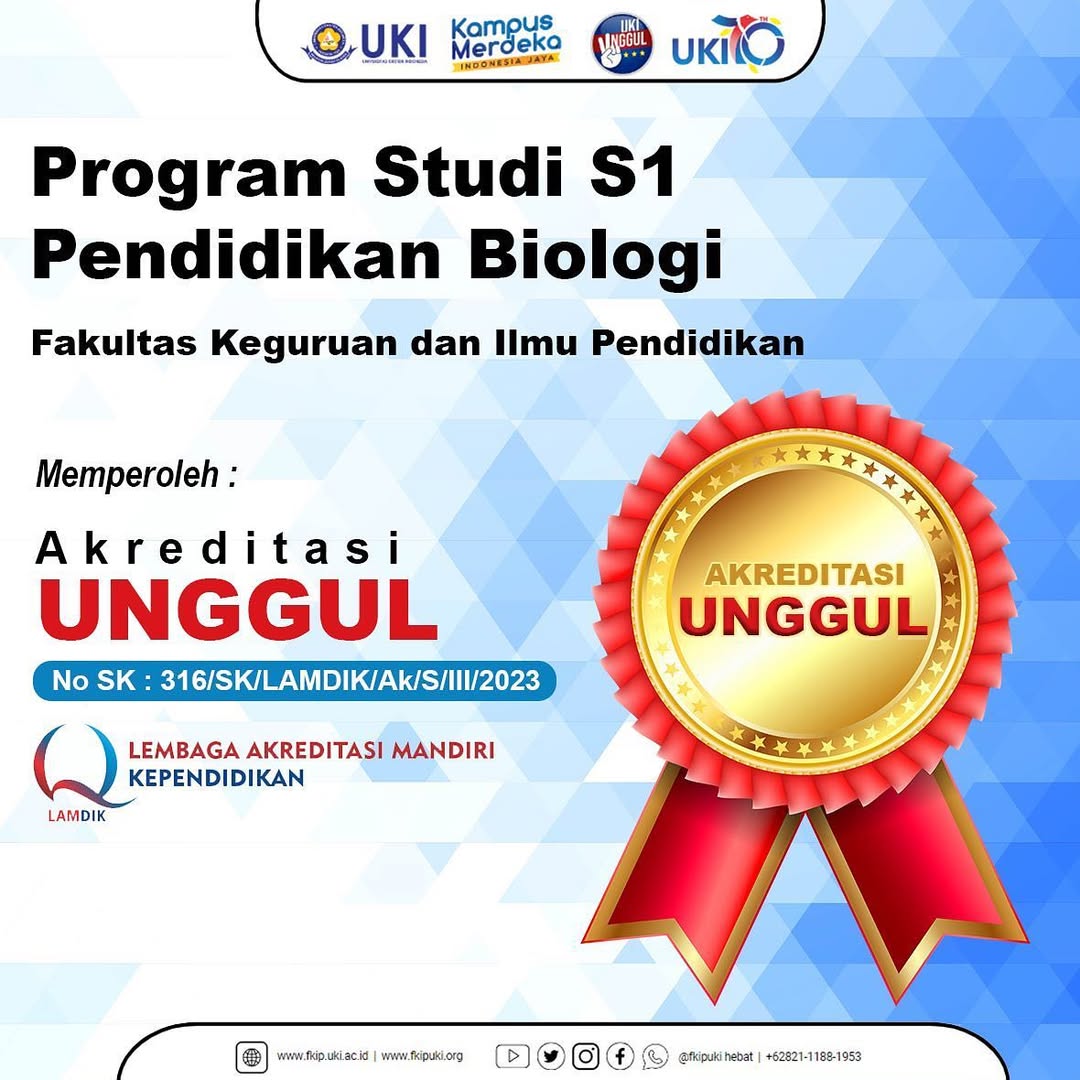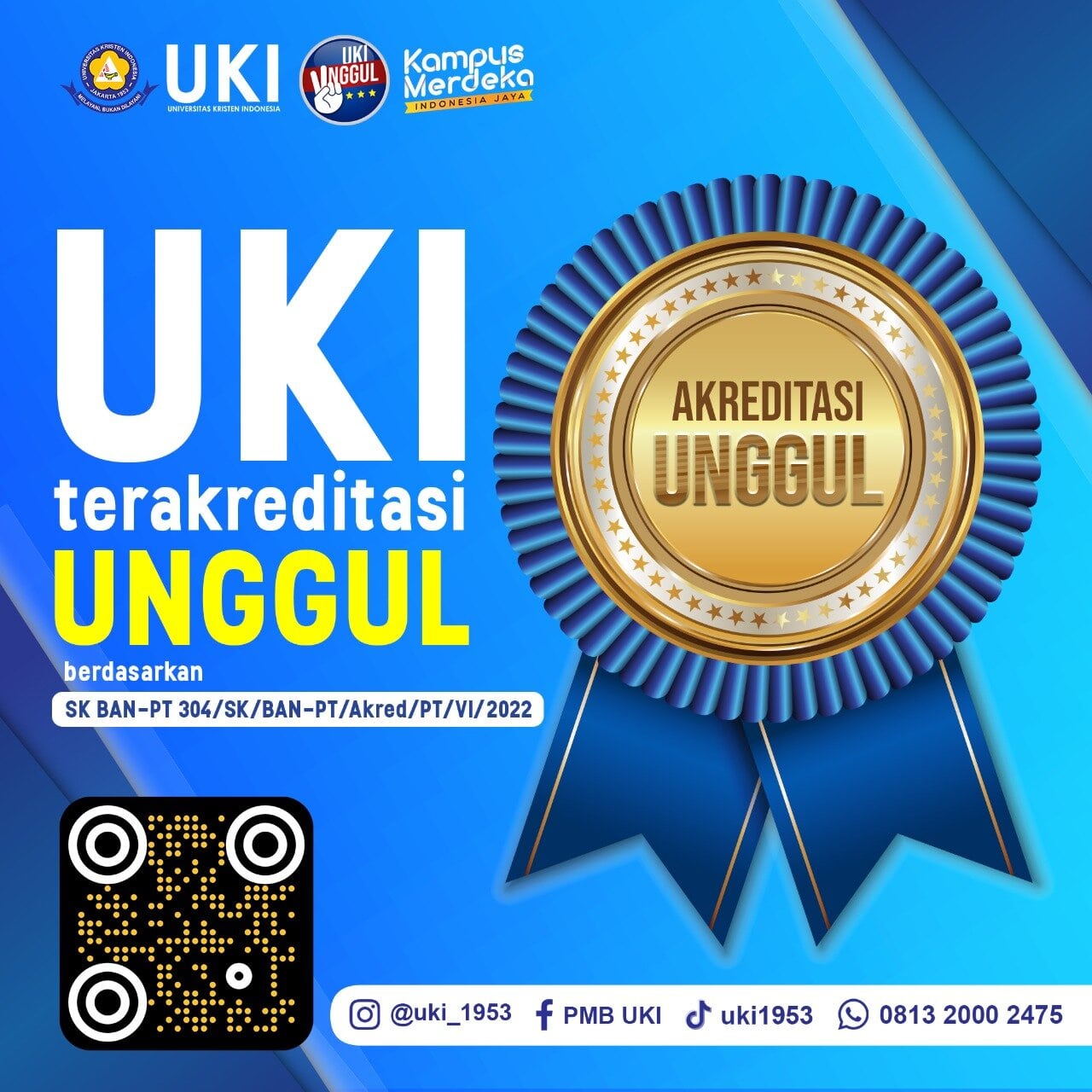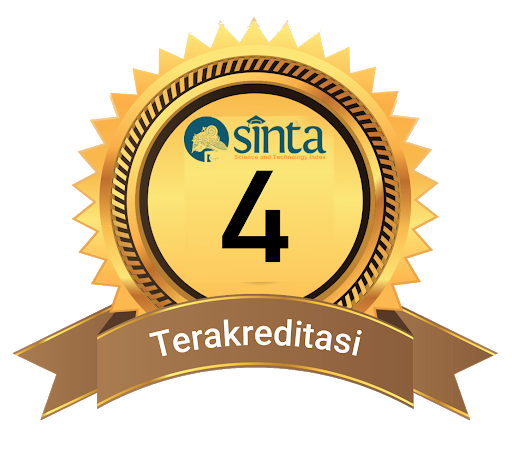Potensi Pengembangan Tradisi Etnobotani Sebagai Ekowisata Berkelanjutan: Studi Kasus Suku Mentawai di Pulau Siberut, Kepulauan Mentawai
Abstract
Ethnobotany is a tradition in utilizing variety of local plants. Ethnobotany tradition practices are well-existed at social life of inland tribes in Indonesia. Local communities of Mentawai tribe on the Siberut Island is one example. So far, the ethnobotany tradition has been done as a routine daily activity and it has not yet been managed as local ecotourism business. Therefore, the purpose of this study is to explain the potential and strategy to develop ethnobotany tradition of Mentawai tribe as a sustainable ecotourism. The research method used in this study was qualitative approach with interviews and direct observations. The results showed that ethnobotany tradition practices were environmentally based activities that have prioritized environmental conservation aspect. Various ethnobotany tradition practices were potentially to be developed as commodity for local ecotourism packages through business management approach. The positive impacts derived from the development of ethnobotanical ecotourism were: 1). Conservation of useful plant diversity; 2). Preservation of the rural communities‟ local wisdom; 3). Creating the economic and social benefits; 4). Public awareness about education of the environmental conservation.
Keywords: Business, Ethnobotany, Ecotourism, Conservation
- View 2300 times Download 2300 times PDF



















